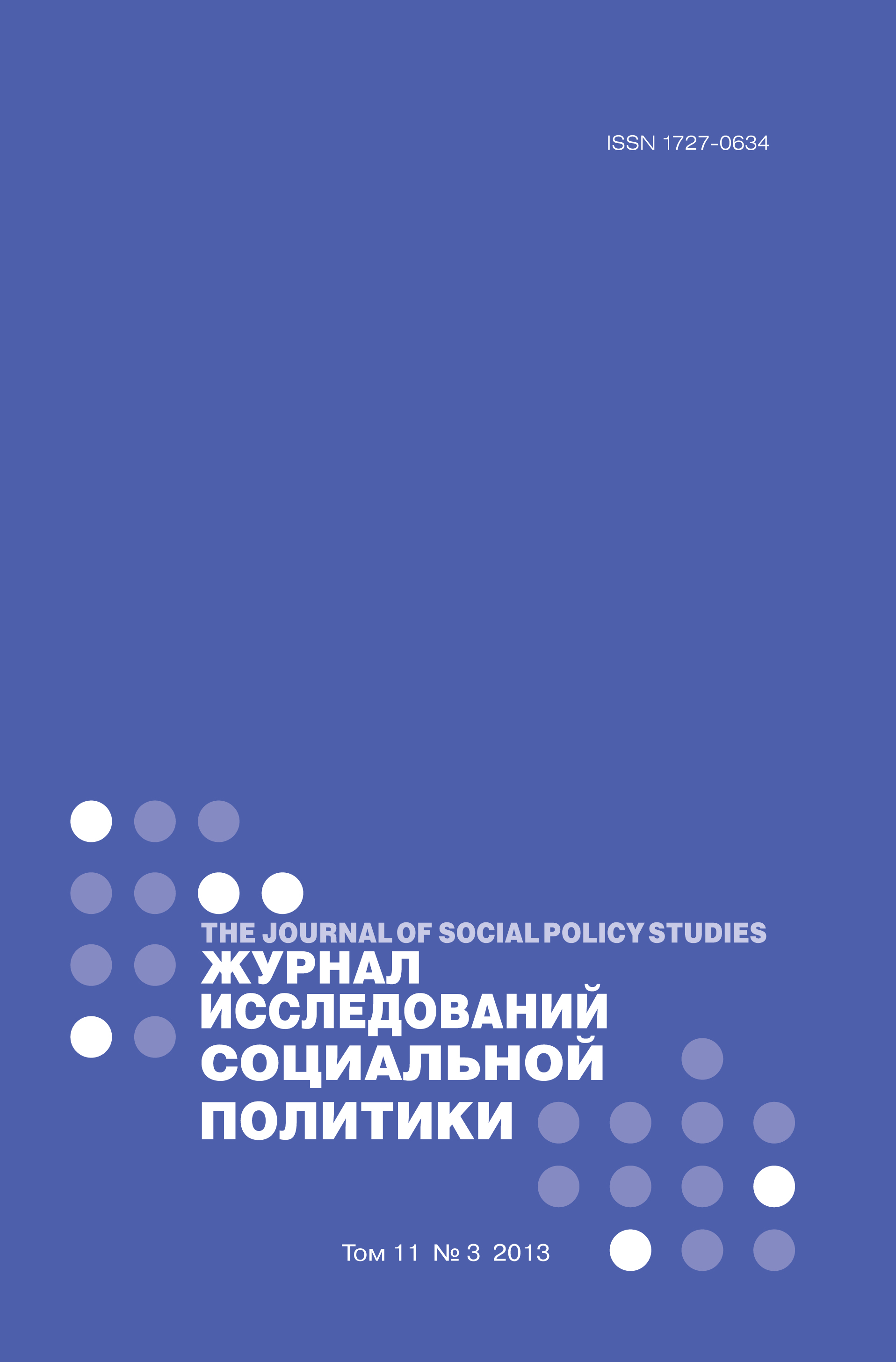Emotional Labour in Modern Society: Rethinking and Conceptualizing Ideas of A.R. Hochschild
Abstract
The transformation of the developed West from the industrial to the post-industrial age has brought with it new conceptions of labour. As more and more of the old working class is hollowed out and transformed into a service class, the question of emotional labour has arisen. This pertains to the use of emotions in a professional context in order to make a living, typical for modern economies. Such emotional labour has become characteristic for modern capitalism, especially in the service industry, which accounts for far more of the labour force than in previous times. In this article the concept of emotional labour, which was introduced by A. R. Hochschild, is overviewed, with new fields of its development considered. This entails a consideration of a new kind of ‘emotional alienation’, as workers produce external emotions in situations where there internal feelings contradict this. The author also offers her own research into the further development of this idea in relation to service workers and the professions of the social welfare state. This includes an examination of the role of emotional labour in the internal relations of organisations and the role emotional alienation plays in work processes. Recent Marxist-influenced classifications of emotional labour and the commodification of emotion are also discussed. The author claims that there is a heuristic potential of the theory of emotional labour in the sphere of service, where care and special attention to the emotional needs of clients are required. This concept is essential also in the understanding and researching of the risk of the emotional dissonance or alienation within those workers engaged in emotional labour, and the solidarity of the service workers and their protests against the emotional norms of the corporate culture. However, it can also appear that many workers prefer to adapt to the needs of emotional labour than attempt any resistance to it. This approach can be useful for the further development of social policy analysis, in particular, to studies of the welfare state professions.















